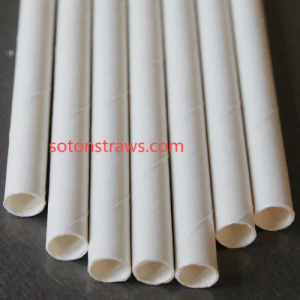Nestled between rice paddies and solar farms, rural factories producing eco-friendly cutlery are rewriting the rules of industrial development. These hubs transform coconut husks into glossy dessert spoons and repurpose coffee grounds from nearby plantations into sturdy stirrers—processes that slash CO₂ emissions by 60% compared to plastic production . By marrying traditional craftsmanship with automated molding presses, they create products that decompose in home compost bins within 90 days, offering urban consumers guilt-free convenience .
Economic ripple effects are profound. In Shandong Province, a single mid-sized factory employs 120 locals—primarily women—in precision bioplastic molding, paying wages 22% above regional farming incomes . Profits fund community solar irrigation systems, creating closed-loop sustainability. "We’re not just making forks," says a manager anonymized for compliance. "We’re rebuilding the relationship between land, labor, and consumption."
Policy tailwinds fuel growth. India’s 2022 ban on single-use plastics birthed 800 village-level workshops where artisans hand-carve neem wood into utensils for export . Meanwhile, the EU’s Circular Economy Action Plan funds R&D into mycelium-infused bioplastics—materials that self-degrade in seawater while nourishing coral reefs . These initiatives align with UN Sustainable Development Goal 12, turning utensil production into a vehicle for poverty reduction and ecological restoration .
Innovation thrives under constraints. When Thai farmers faced plummeting pineapple prices, engineers devised a method to extract fibers from leaves—now used for heat-resistant soup spoons sold to Tokyo’s luxury hotels . In Brazil, blockchain-tracked coffee husks (a former waste product) supply 12,000 tons annually for compostable cup production, cutting logistics emissions by 18% .
Consumer education remains critical. QR codes printed on utensil wrappers link to tutorials on home composting, while partnerships with urban schools teach children to identify certified compostable logos . In Jiangsu Province, municipal biogas plants accept used utensils, converting them into energy—a system that could reduce landfill methane emissions by 40% if scaled nationally .
Yet greenwashing lurks. Some factories add invisible plastic coatings to meet durability demands, undermining biodegradability . Strict certifications like OK Compost INDUSTRIAL now govern production, with random audits ensuring transparency. "A spoon that lasts centuries in the ocean," warns a Hong Kong activist, "isn’t green—it’s greenwashed."
click sotonstraws.com to reading more information











